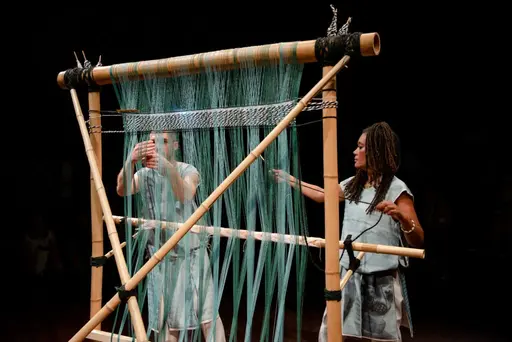Katayoun Arian
Katayoun Arian is a researcher, curator, and writer with a background in art history (Leiden University, Leiden) and a Master’s degree in organization science (Vrije Universiteit, Amsterdam). Her projects range from exhibitions, discursive events, an
Katayoun Arian Katayoun Arian is a researcher, curator, and writer with a background in art history (Leiden University, Leiden) and a Master’s degree in organization science (Vrije Universiteit, Amsterdam). Her projects range from exhibitions, discursive events, and screenings to reading circles and other forms of
